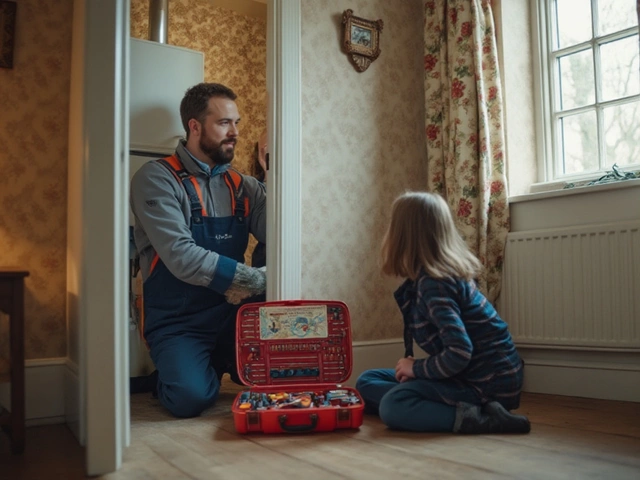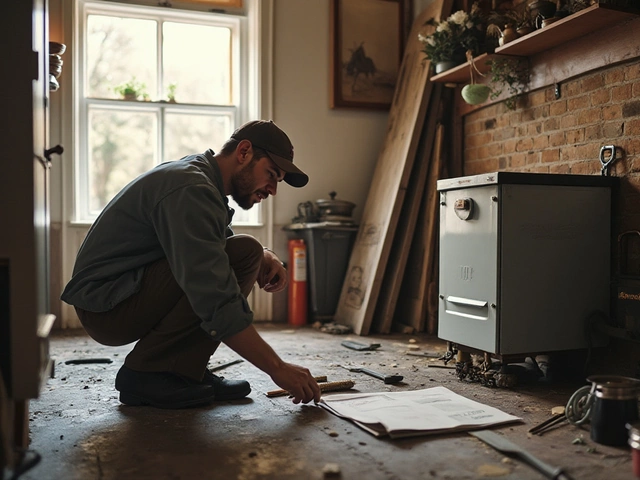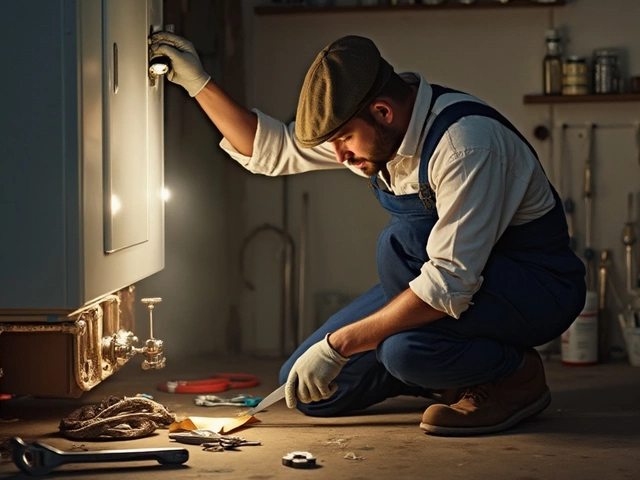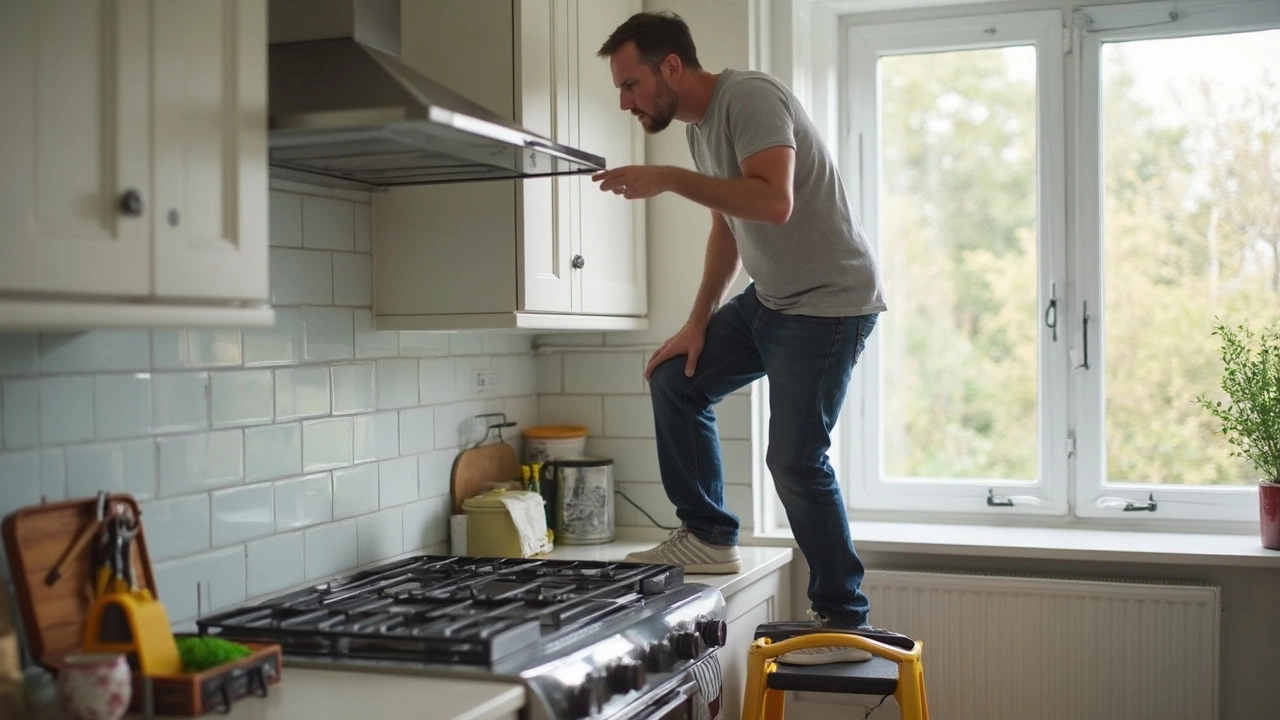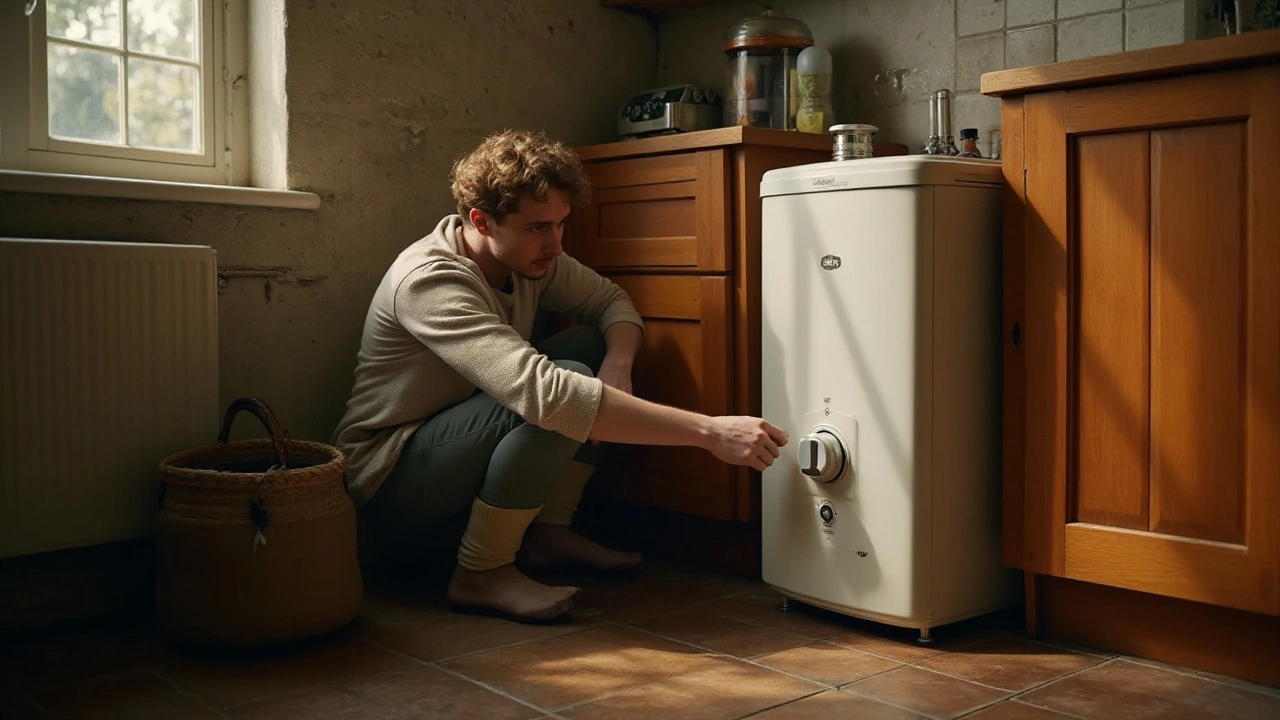Repair Tips & Guides for Everyday Appliances
Got a broken oven, a leaky boiler or a fridge that won’t cool? You’re not alone. Most households face a faulty appliance at some point, and the good news is you don’t always need to call a pro right away. Below you’ll find straight‑forward advice that cuts through the jargon and gets you back to cooking, washing and staying warm.
Know When DIY Makes Sense
Before you start unscrewing anything, ask yourself three quick questions: Is the appliance still under warranty? Is the fault something simple like a clogged filter or a tripped circuit? And, most importantly, do you feel safe handling electricity or gas components? If the answer is yes to the first two and you’re comfortable with basic tools, many repairs are within reach.
For example, a dishwasher that pools water at the bottom often just needs a cleaned filter or a free‑clearing of the drain hose. A glass hob with a cracked surface might be cheaper to replace than to repair, but a cracked ceramic plate can sometimes be glued with a heat‑resistant epoxy if you act quickly.
Quick Fixes for Common Problems
Oven not heating – Check the heating element for visible signs of wear. A quick visual check can save a call to a technician. If the element looks intact, reset the oven’s circuit breaker and try a simple 30‑minute bake test.
Boiler making strange noises – Bleed the radiators and purge any trapped air. Often the noise is just air pockets. If the sound persists, a build‑up of limescale in the heat exchanger may need a professional flush.
Refrigerator not cooling – Start by cleaning the condenser coils at the back. Dust and pet hair act like a blanket, making the compressor work harder. A coil cleaning can improve efficiency by up to 20%.
When it comes to washers, a spinning issue is usually caused by an unbalanced load or a worn drive belt. Remove excess laundry, level the machine, and inspect the belt for cracks before ordering a replacement.
These quick checks cover many of the posts on our site, from “Should You Repair a 15‑Year‑Old Oven?” to “How to Tell If Your Boiler Is Broken.” The same pattern applies: identify the symptom, rule out the easy fixes, then decide if a professional is needed.
Remember, safety always comes first. Turn off power at the fuse box before working on anything electrical, and shut off gas to a boiler before opening any panels. If you ever feel unsure, a short call to a qualified technician can prevent bigger problems down the line.
Keeping a small toolkit—screwdrivers, multimeter, adjustable wrench—plus a few spare parts like thermostat fuses or drain pump filters can save you time and money. And don’t forget to log the date of each repair; a maintenance diary helps you spot recurring issues before they become emergencies.
Got a specific appliance that’s giving you grief? Browse our collection of guides for detailed step‑by‑step instructions, cost breakdowns and when to call in the experts. With the right know‑how, most home repairs are easier than you think.
